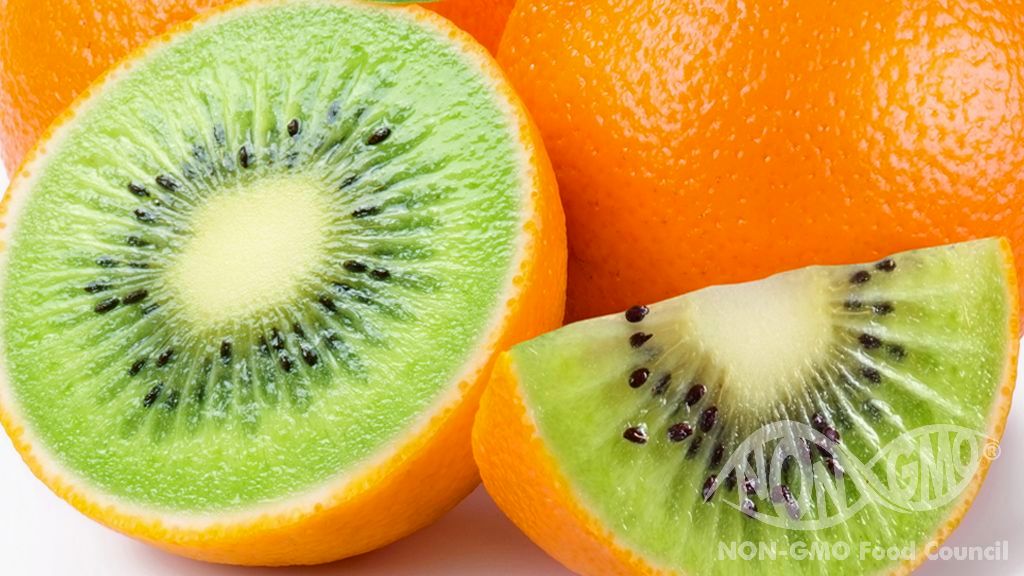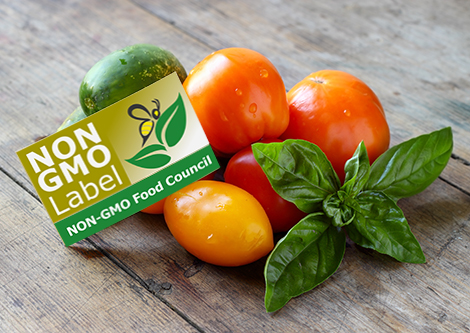Many people have strong opinions about genetically modified plants, also known as genetically modified organisms or GMOs. But sometimes there is confusion about what it means to be a GMO.

It may also make much more sense to judge a plant by its specific characteristics rather than the way it is produced, whether it is GMO or not.
Biotechnology is used not only in the food we eat, but also in many areas of our daily lives. You can examine the examples below;
- In the laundry, genetic engineering boosts our detergent. Genetically engineered enzymes help remove protein stains, fats and starches.
- If you are a parent, you can use biodegradable diapers. Scientists created this innovation by genetic engineering. A genetically modified microbe breaks down the materials in the diaper after use, making it biodegradable.
- Genetically modified soy-based materials are a popular alternative to paper and plastic products. For example, soy-based straws are biodegradable. Genetically modified soybeans also conserve water and use less pesticides.
- Corn and soybeans are used to make biofuels. Biofuels are cheaper fuels for cars and machinery that are better for the environment. They burn cleaner and use less resources. Consider ethanol, a fuel derived from corn, as a cheaper alternative at the pump.
- GMOs are also common in medicine. Scientists have used genetic modification to improve insulin and save lives. In the past, scientists used pancreatic glands from more than 23.000 pigs to make one pound of insulin. Today, genetic engineering has improved animal welfare by producing insulin in a laboratory without pigs.
Do not hesitate to contact our expert team to get detailed information about the GMO Free and NON GMO label and certification, or to apply for certification.

